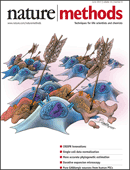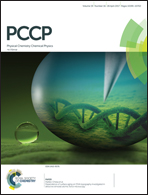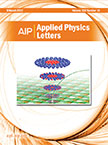Stephen Sarre, based at the University of Canberra in Australia, has made a career out of collecting and analyzing poop.
It’s a tough job, but someone’s got to do it. Part of his work is designed to answer a multi-million dollar question: Is Tasmania home to foxes, a pest that carries rabies and other diseases and can ravage local wildlife? According to the Australian news outlet ABC, the Tasmanian and Australian governments have spent $50 million (AUD) on hunting foxes on the island since 2001 — even though many have debated whether they are even there.
In 2012, after analyzing thousands of fecal samples, Sarre published a paper in the Journal of Applied Ecology which boldly claimed that “Foxes are now widespread in Tasmania.” But many outside researchers didn’t buy it, and quickly voiced their criticisms of the paper, namely that there may be problems with false positives and the methodology used to analyze the samples. Recently, the journal issued an expression of concern for the paper, citing an ongoing investigation into the allegations.
Here’s the expression of concern (paywalled, tsk tsk):
Continue reading Are there foxes in Tasmania? Follow the poop


 When a journal discovers elementary design flaws in a paper, what should it do? Should it retract immediately, or are there times when it makes sense to give the researchers time to perform a “do-over?”
When a journal discovers elementary design flaws in a paper, what should it do? Should it retract immediately, or are there times when it makes sense to give the researchers time to perform a “do-over?” A
A  A Rutgers computer scientist is retracting conference proceedings via an unusual channel: his personal blog.
A Rutgers computer scientist is retracting conference proceedings via an unusual channel: his personal blog. The authors of a popular — and heavily debated — F1000Research paper proposing a method to prevent scientific misconduct have decided to retract it.
The authors of a popular — and heavily debated — F1000Research paper proposing a method to prevent scientific misconduct have decided to retract it.
 In an unusual turn of events, a nutrition paper has come back to life a year after being pulled from its original publication.
In an unusual turn of events, a nutrition paper has come back to life a year after being pulled from its original publication.
